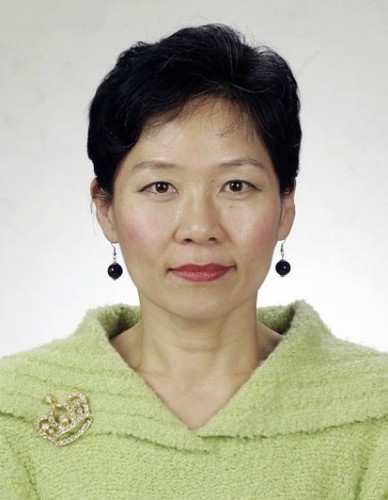
Gi-Eun Kim,Expert on biotechnology at the Seokyeong University Seoul and member of the Austrian Council for Research and Technological Development
Energy efficiency is a mainstay of sustainable economic activity. What is the significance of improved efficiency in industrial production?
Greater energy efficiency will be very important in future in order to be competitive on the global market. It is also important with regard to the Carbon Tax, despite the currently low cost of emitting CO2. Improved energy efficiency in the production process influences the share price of any company, as energy, water and raw materials savings are an essential part of annual company reports.
What steps are necessary on the path to a future “Low Carbon Industry”?
Above all, we need a long-term roadmap for technological development, plus an equally long-term investment plan for putting technologies to work in the production process.
How does Austrian research and development compare internationally in this area?
Austria‘s forte is clearly developing technologies and implementing them in actual products. Austria has a global lead in the fields of energy and environment, not least because many small and medium enterprises in Austria have reached the necessary technological level. But these activities are insufficiently publicized – Austria should be even more active on the world market. For this appropriate long-term political and strategic support is needed.
In 2009 the Council formulated an Energy Research Strategy focussed on 2050. What are the key recommendations for the coming decades?
The council‘s main recommendation is to increase the energy research budget significantly, i.e. a steady annual increase for R&D in the field of energy to at least 150 million Euro. In this context it is important that continuity and a dependable framework for planning as regards research funding are guaranteed and that focal points of research are defined; what matters here is establishing a suitable mix of bottom-up, structural and thematic programs in line with requirements. Of course it is also essential to promote young researchers, provide facilities for acquiring further qualifications in energy-related fields, and ensure adequate funding for research infrastructure.